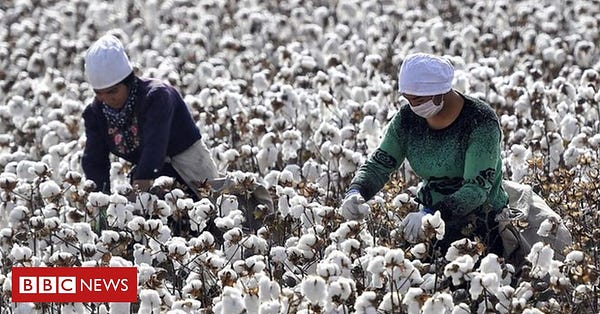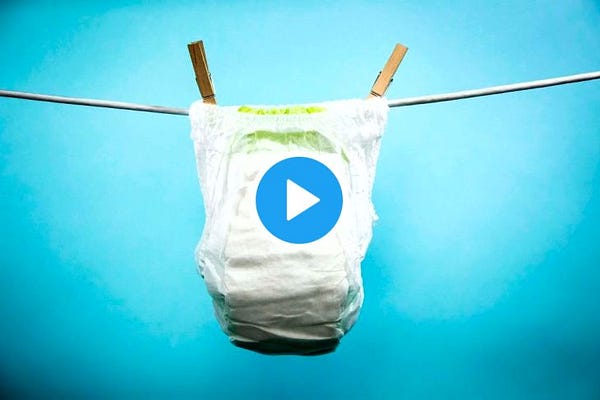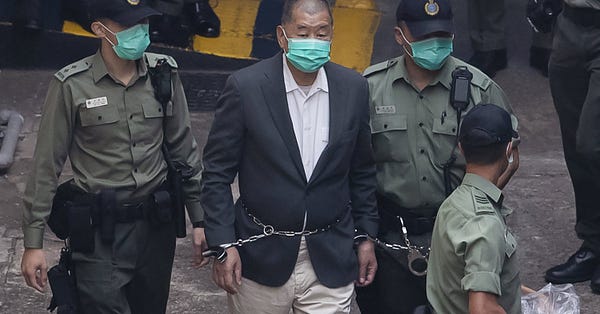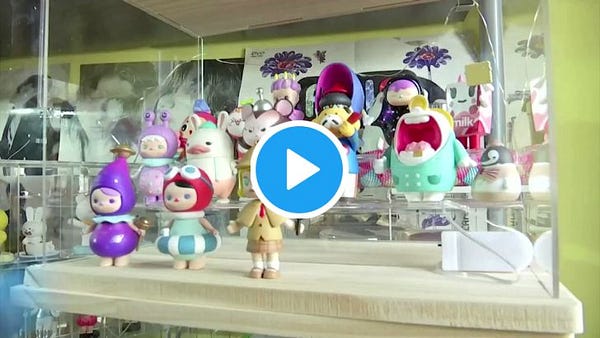While the year is winding down, news from China won’t take a vacation, so we’ll keep you updated with what’s happening for the rest of 2020. Let your family and friends know where you’ve been keeping up with these stories: it’s free for all to subscribe!
A cotton-picking problem


The BBC approached 30 major international brands with documents confirming slave labourers are picking cotton in China. While some don’t source theirs from Xinjiang, where Uighurs and other minorities work for no pay, others still have no policy against it. The U.S. has banned imports from the implicated Chinese state-controlled firm.
Panic in the Zoom rooms
The U.S. Department of Justice charged Xinjiang Jin, a former China-based executive at Zoom, with taking orders from China to disrupt commemorations of the 31st anniversary of the Tiananmen Square crackdown. After a year in which the video software’s popularity soared, Zoom issued a statement to acknowledge how it “fell short.”
The year with COVID-19


Wuhan has continued to be the source of lively images of life returning to normal beyond the coronavirus pandemic that originated there. But soon the World Health Organization will send a 10-person team to sift through samples and data to determine how COVID-19 jumped from animals to humans prior to it travelling the world:


The return to a more normal life is being documented by outlets like the Associated Press, which describes how China is staying vigilant over imported cases, while other pandemic measures have relaxed due to state powers. Wuhan residents say they’re continuing to fight the stigma of their city being where the coronavirus originated.
Media remains watched


Charges of suspicion of colluding with foreign forces and endangering national security were a sign of what China’s new law for Hong Kong means to someone like Apple Daily publisher like Jimmy Lai, who was denied bail with court proceedings delayed until April. Bloomberg News also recently had a Chinese citizen staffer detained:


A new song for all women
Tan Weiwei is the singer of “Xiao Juan,” which is getting international press due to its forceful lyrics on domestic violence, with the goal of drawing attention to victims who are having a hard time getting justice. Each word in the lyrics include the character for women, as part of a string of vulgarities and insults.
The last words, for now
Wang Ning is the Chinese founder of Pop Mart, who’s now a billionaire several times over after his company launched on the Hong Kong stock market. The main product from the company is a toy box containing a single collectible figurine, only with a surprise twist—buyers don’t know which one it contains until they open the package:


The China Letter is produced by the Canadian Freedom Institute, a think tank based in Canada. We produce the China Letter every week to keep you informed and to press the ideas of free markets and free people not only in China but around the world. Please consider donating to keep this newsletter running!





